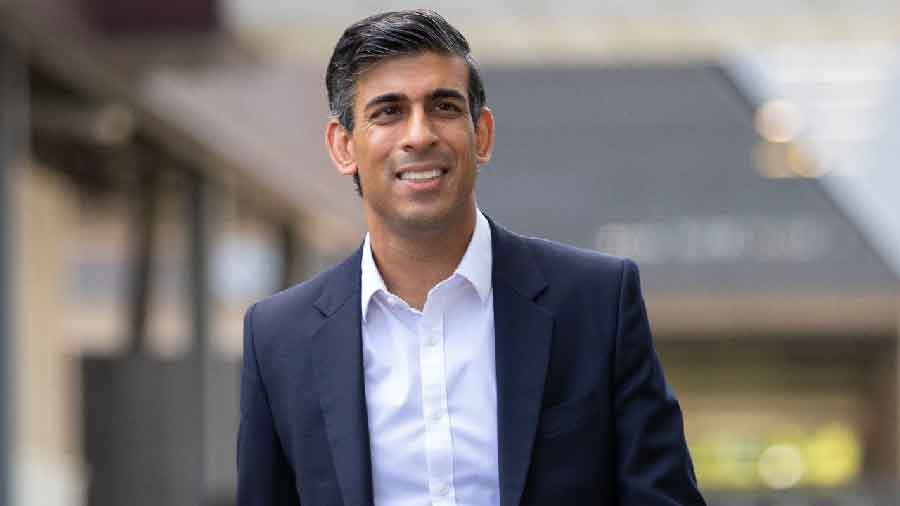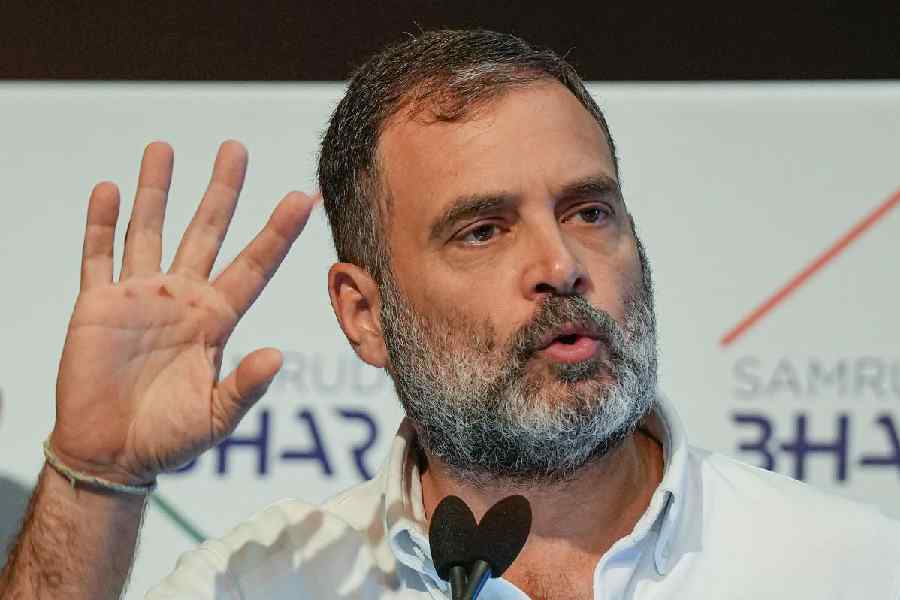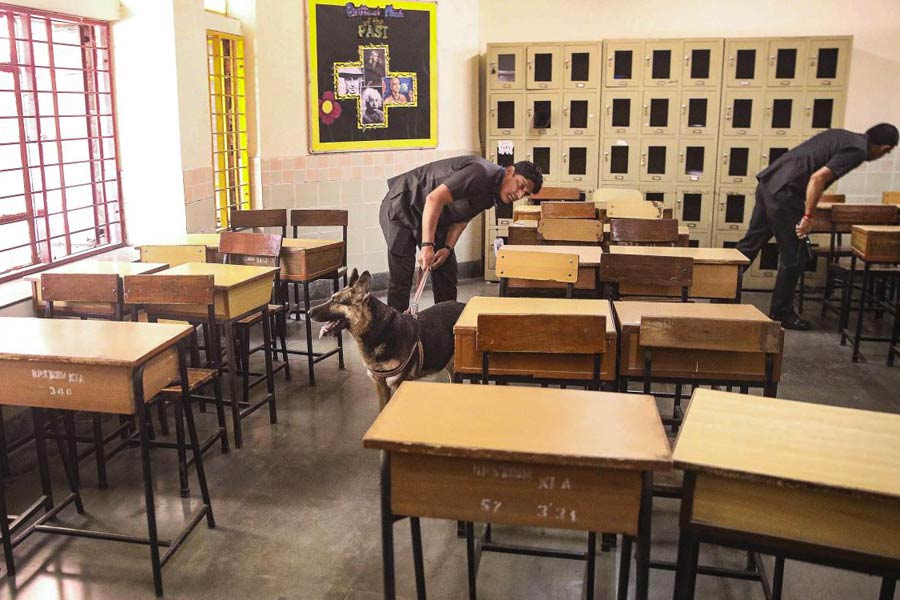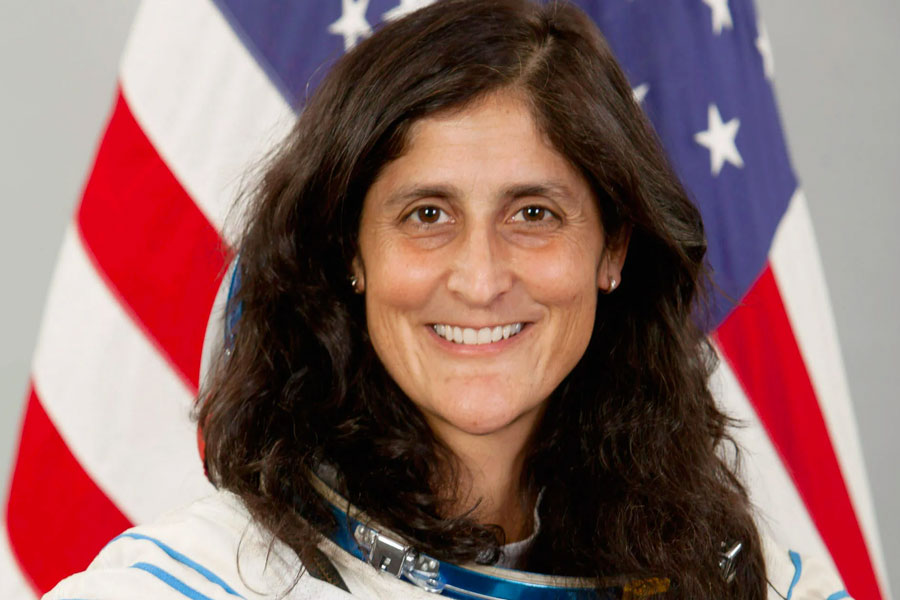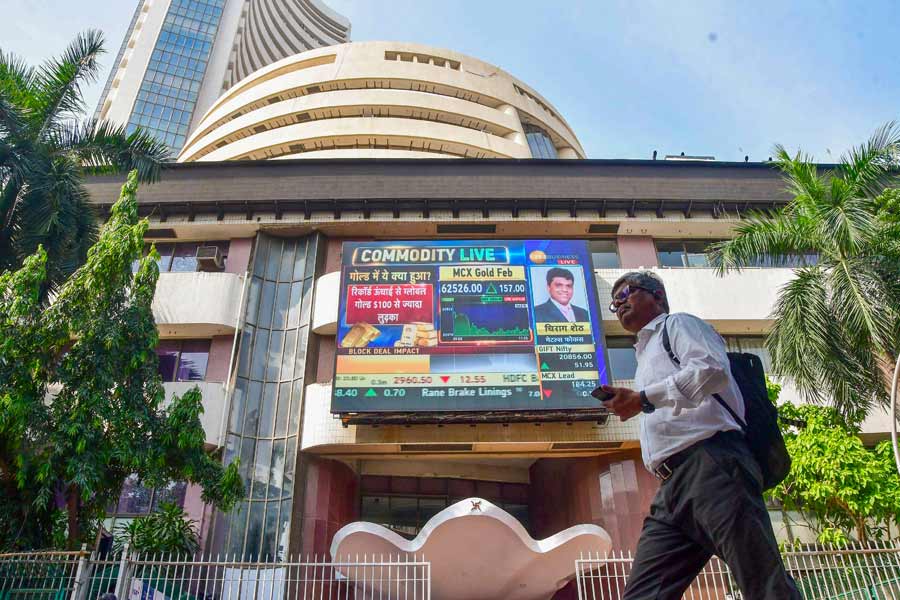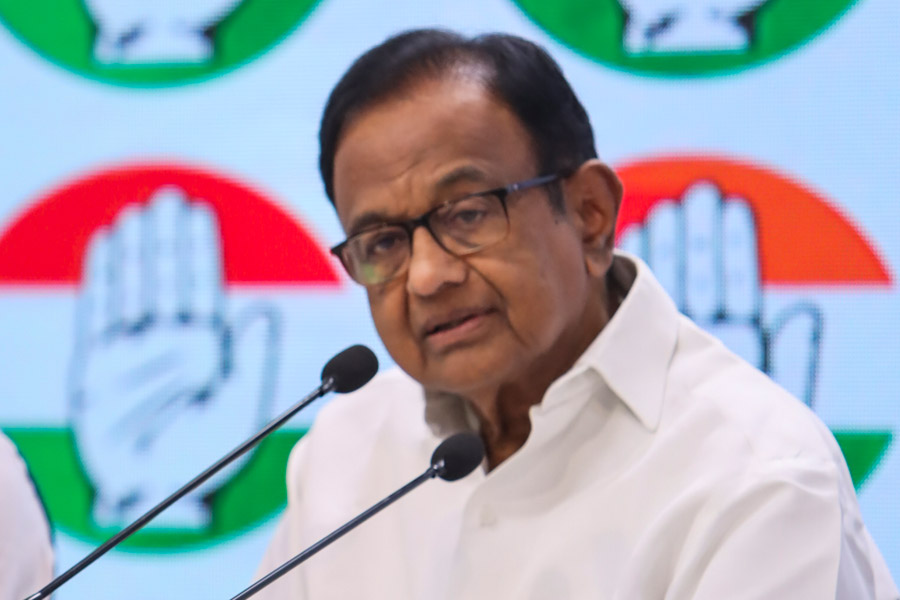Rishi Sunak has sparked huge controversy by claiming that even though he was the chancellor for two years during the pandemic, he was not allowed to talk about the negative effects of lockdown and that the government’s independent scientific advisers were given too much sway over decision making.
There are issues all countries, notably India, China and the United States, have faced during the pandemic – when to impose lockdown and how long to keep it going, taking into account its damaging effects on children’s education, delays in even urgent non-Covid hospital treatment and economic activity in general.
In an interview with The Spectator, Rishi claimed he was prevented by 10, Downing Street from talking about the “trade offs” involved in imposing lockdown.
He said that the recommendations on lockdown made by Sage (Scientific Advisory Group for Emergencies (SAGE), an expert group which offers advice to the government during emergencies, were not challenged sufficiently.
Commenting on Rishi trailing Liz Truss in the Tory leadership contest, Iain Watson, a BBC political correspondent, observed: “It is likely that the concerns he (Rishi) expressed in his interview – about school closures, an NHS backlog and the economic impact of the pandemic – will be shared by a significant segment of the Conservative membership. But with just 10 days to go, it may be rather late in the day for him to open a new front in the leadership battle.”
Professor John Womersley, former head of UK Government research agency the Science and Technology Facilities Council, said: “I’m sure Sunak’s comments will play well with a certain section of the Conservative base – and also with some parts of the scientific community. This is a shame really, as there’s a legitimate debate to be had about whether decision-making in the pandemic was sufficiently interdisciplinary and holistic.”
Professor Martin McKee, president at the British Medical Association (BMA), remarked: ‘As Mrs Thatcher said, ‘Advisers advise, but ministers decide’. However this (education) is a very strange example to use given we now know just how important schools were in maintaining transmission.”
Dominic Cummings, who was a key Downing Street adviser during the first part of the pandemic, slammed Rishi for “unfairly” blaming Boris Johnson and others. “The Sunak interview is dangerous rubbish, reads like a man whose epicly bad campaign has melted his brain and he’s about to quit politics.”
The Spectator said that “the scientific advice was, initially, to reject or at least delay lockdown. This all changed when Neil Ferguson and his team at Imperial College …. argued that Covid casualties could hit 500,000 if no action was taken”.
Rishi told The Spectator that when he did try to raise concerns about the effects of lockdown, he met a brick wall. “Those meetings were literally me around that table, just fighting. It was incredibly uncomfortable every single time. In every brief, we tried to say: let’s stop the ‘fear’ narrative.”
The posters showing Covid patients on ventilators, he said, were the worst. “It was wrong to scare people like that.’”
On the lessons of lockdown, he said: “We shouldn’t have empowered the scientists in the way we did. And you have to acknowledge trade-offs from the beginning. If we’d done all of that, we could be in a very different place.”
The Spectator said: “Even now, Sunak doesn’t argue that lockdown was a mistake – just that the many downsides in health, the economy and society in general could have been mitigated if they had been openly discussed.
“To Sunak, this was the problem at the heart of the government’s Covid response: a lack of candour. There was a failure to raise difficult questions about where all this might lead – and a tendency to use fear messaging to stifle debate, instead of encouraging discussion. So in a sentence, how would he have handled the pandemic differently? ‘I would just have had a more grown-up conversation with the country.’ ”
A Downing Street spokesman said: “Throughout the pandemic, public health, education, and the economy were central to the difficult decisions made on Covid restrictions to protect the British public from an unprecedented novel virus. At every point, ministers made collective decisions which considered a wide range of expert advice available at the time in order to protect public health.”

